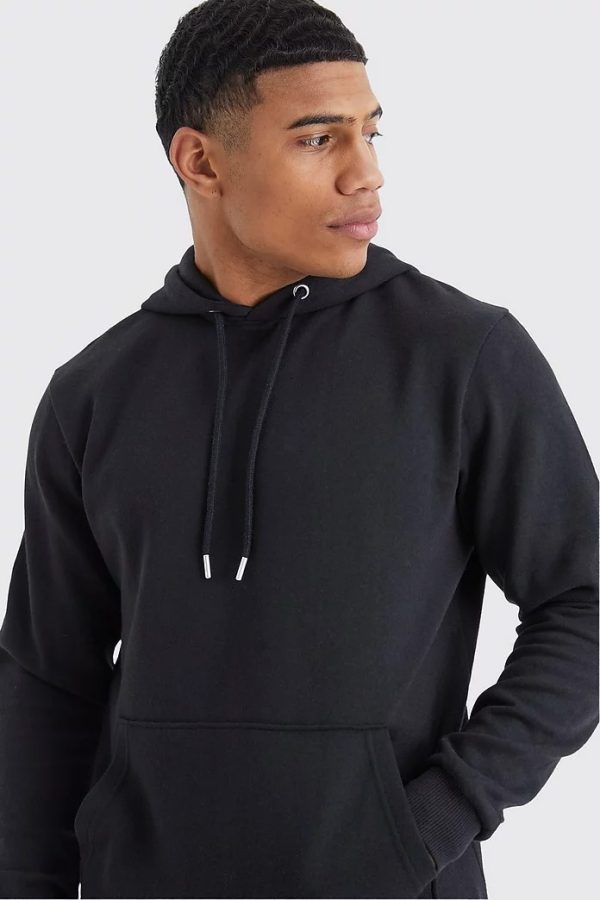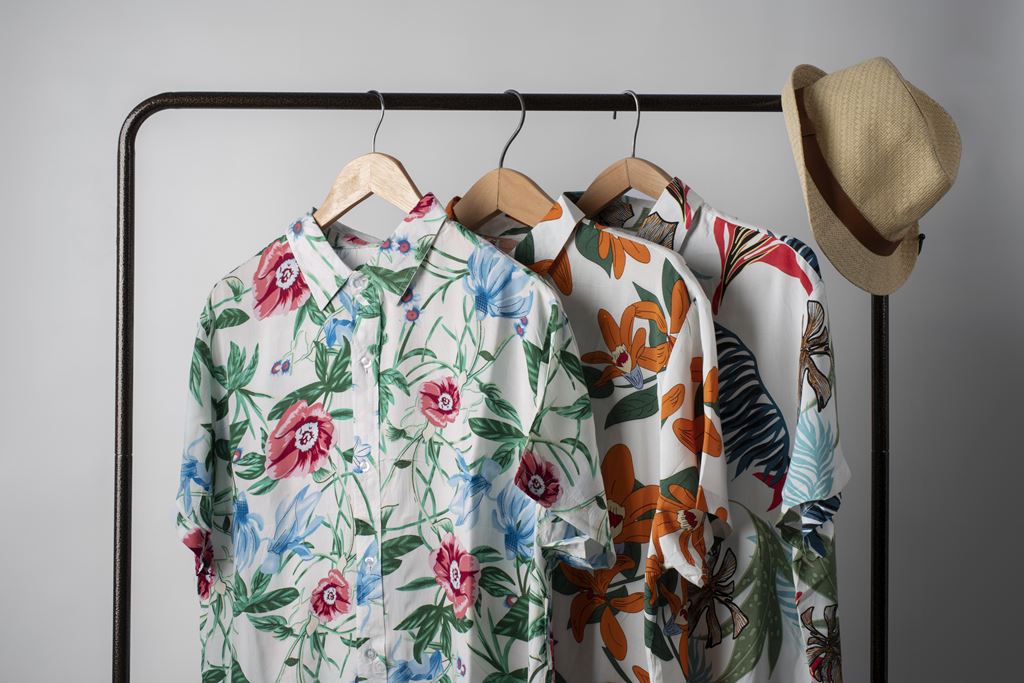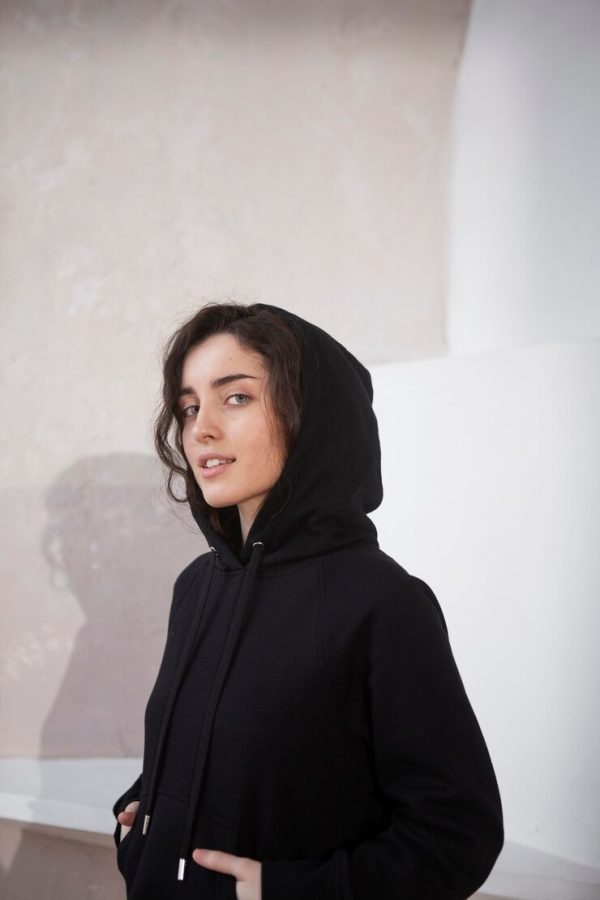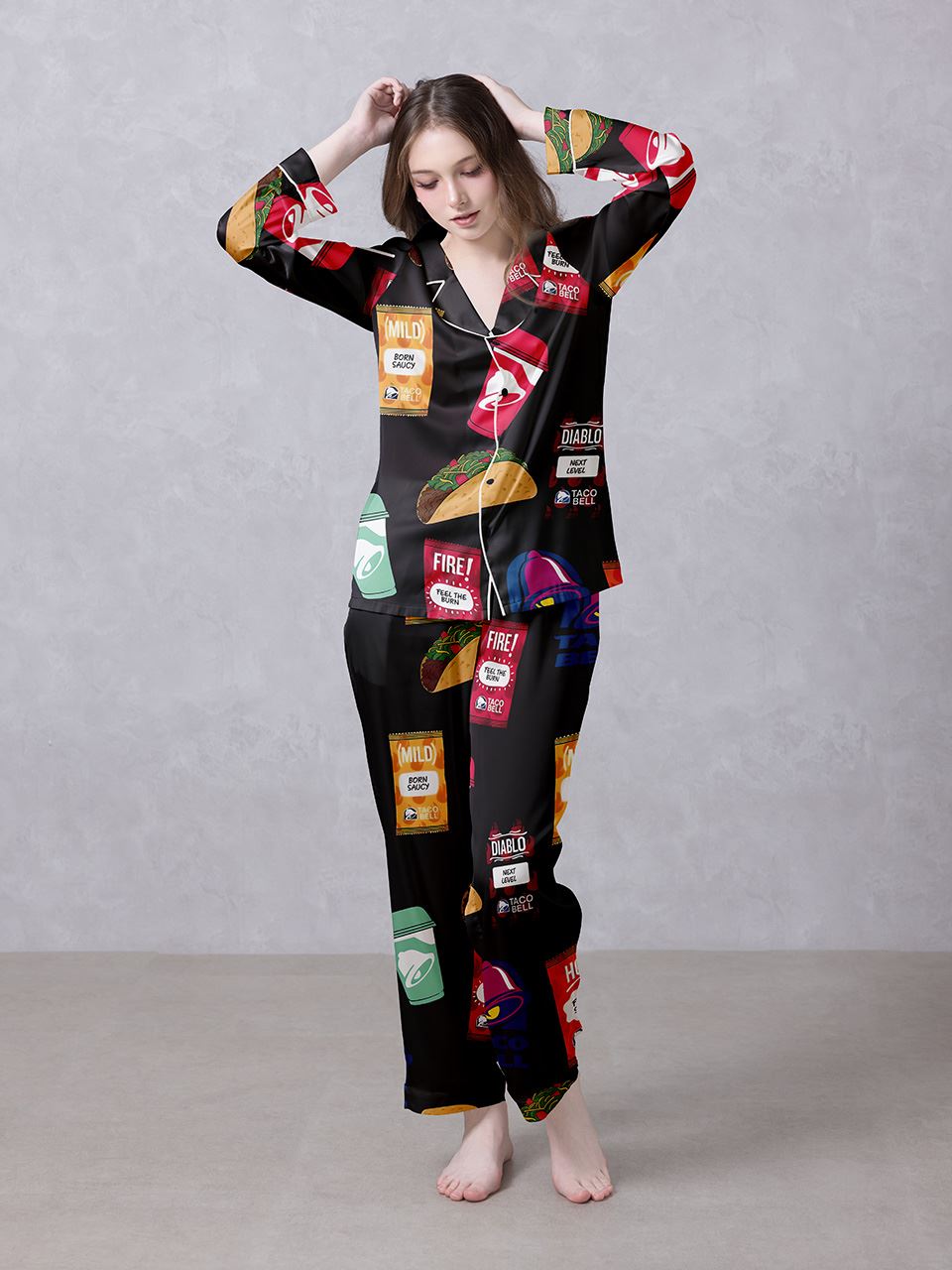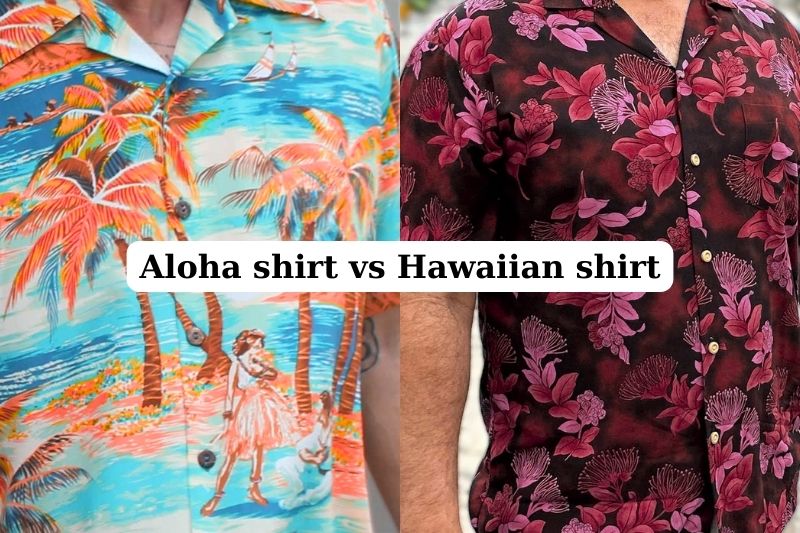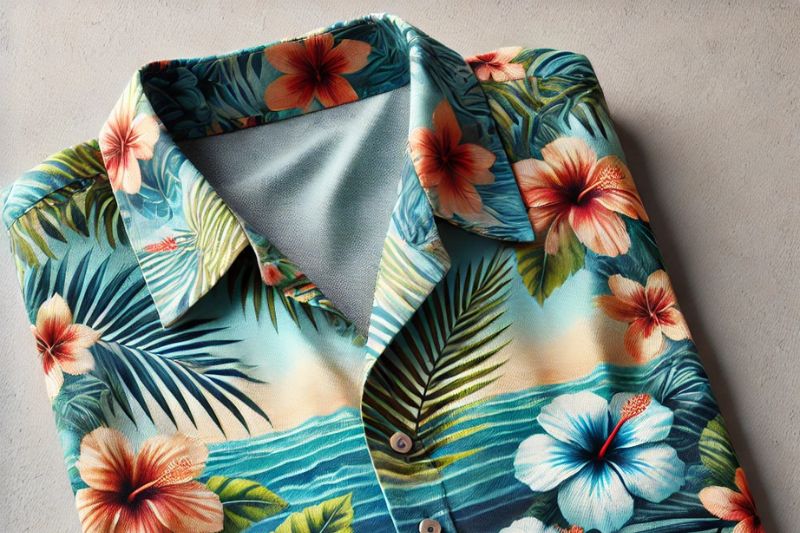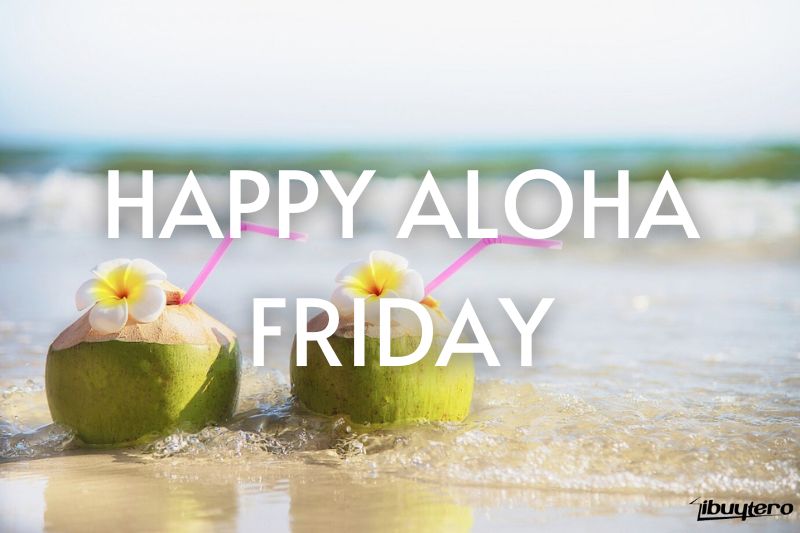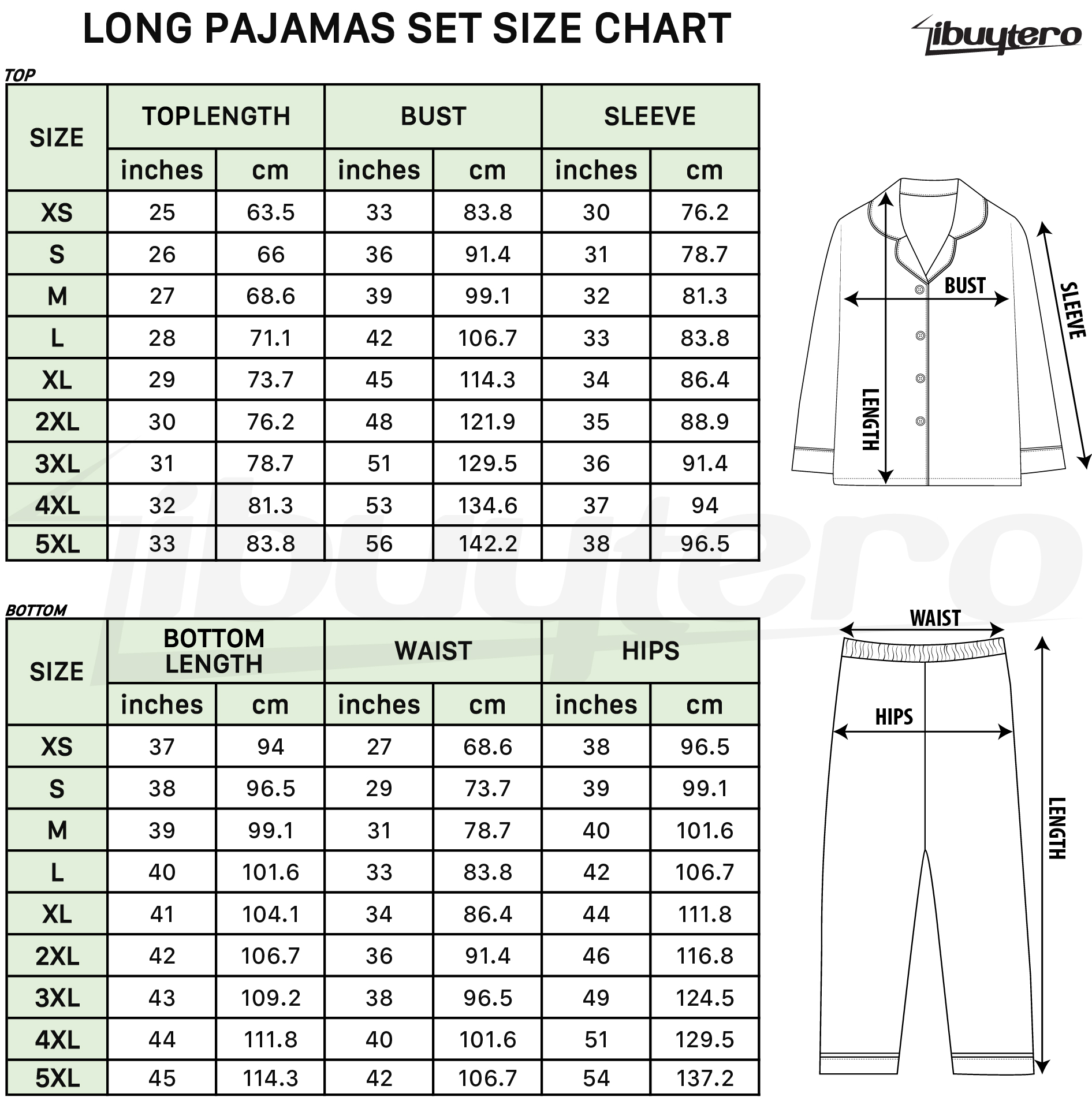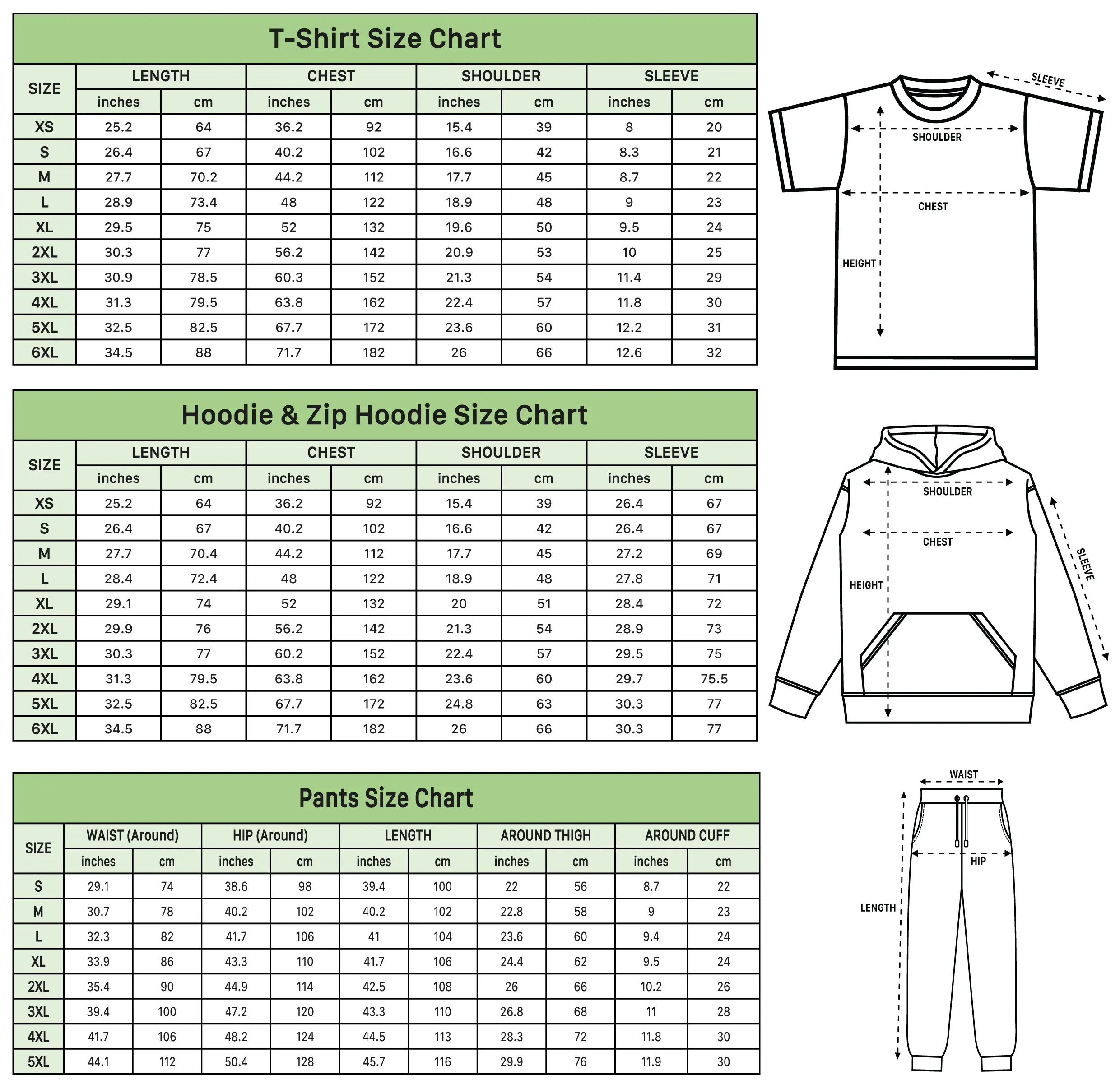Exploring traditional Hawaiian shirt patterns
Hawaiian shirt patterns are famous for their vibrant colors and unique designs. Also known as Aloha shirts, these shirts have become a symbol of relaxation, vacation, and the laid-back island lifestyle. However, behind their eye-catching designs lie deep cultural meanings and historical significance. In this article, we will explore some of the most traditional Hawaiian shirt patterns and the stories they tell.
I. The origins of Hawaiian shirt patterns
The origins of Hawaiian shirt patterns can be traced back to the early 20th century when local tailors in Hawaii began making shirts using colorful fabrics imported from Asia. These fabrics often featured traditional Asian motifs, which were then blended with native Hawaiian themes. Over time, these patterns evolved to reflect the rich cultural heritage of the Hawaiian Islands.
II. Common traditional patterns
1. Hibiscus
The hibiscus pattern is one of the most iconic designs on Hawaiian shirts, known for its vibrant colors, ranging from red and pink to yellow and orange. In Hawaiian culture, the hibiscus symbolizes delicate beauty and grace, often associated with welcoming and peacefulness. On Hawaiian shirts, hibiscus patterns are typically bold and eye-catching, frequently paired with other tropical elements like palm leaves or ocean scenes. This design adds a lively and striking touch to any outfit, making it versatile for both casual outings and more dressed-up events while capturing the essence of the aloha spirit.
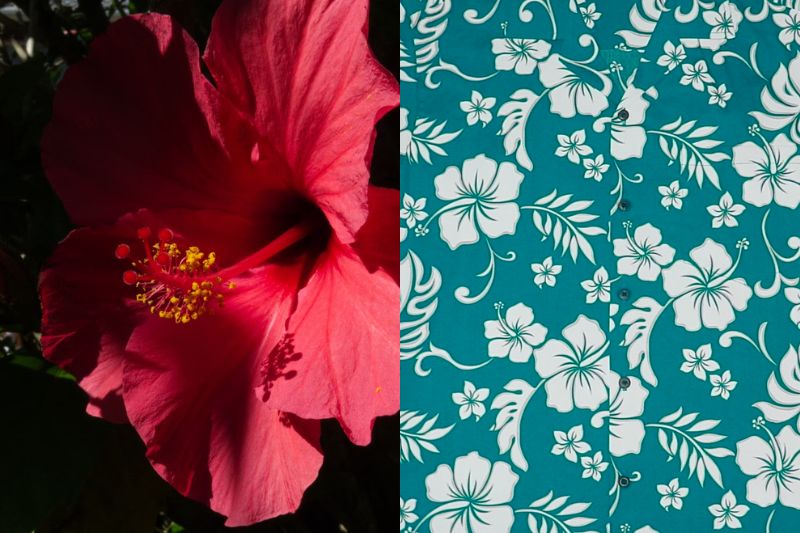
2. Bird of paradise
The “Bird of Paradise” pattern is a stunning and exotic design featured on many Hawaiian shirts. Named after the striking flower that resembles a colorful, tropical bird in flight, this pattern showcases bold, vivid hues of orange, blue, and green.
Symbolism: The Bird of Paradise flower represents beauty and uniqueness, often symbolizing joy and paradise-like conditions. In Hawaiian culture, it reflects the vibrant, otherworldly beauty of the islands.
Design: On Hawaiian shirts, the Bird of Paradise pattern is typically large and dramatic, capturing attention with its intricate details and vibrant colors. It often appears alongside lush foliage, enhancing the shirt’s tropical appeal.
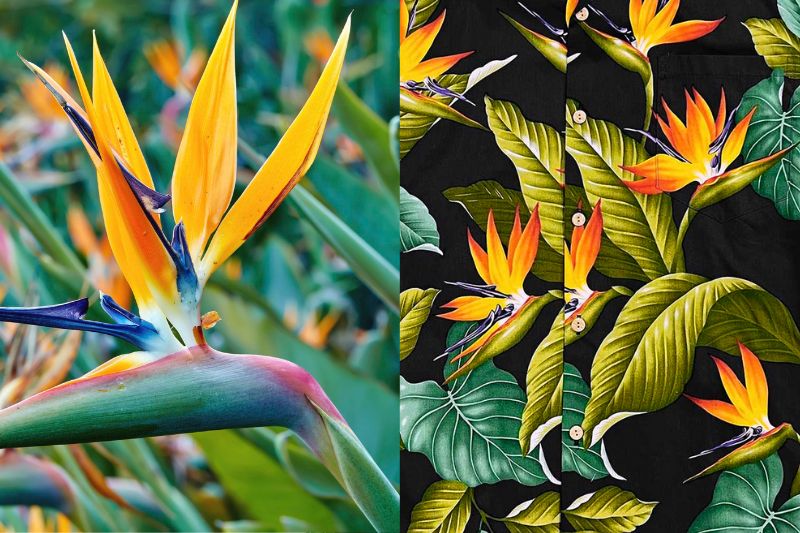
3. Plumeria
The plumeria pattern is a popular and enchanting design found on Hawaiian shirts. Featuring the delicate, fragrant plumeria flower in shades of white, yellow, pink, and red, this pattern exudes a sense of tropical elegance and tranquility.
Symbolism: In Hawaiian culture, plumeria flowers symbolize positivity, beauty, and a welcoming spirit. They are often associated with leis and traditional ceremonies, embodying the islands’ warm hospitality and charm.
Design: On Hawaiian shirts, the plumeria pattern is typically featured in lush clusters, creating a soothing and vibrant visual effect. The flowers’ gentle colors and intricate details add a touch of grace and sophistication to the shirt.
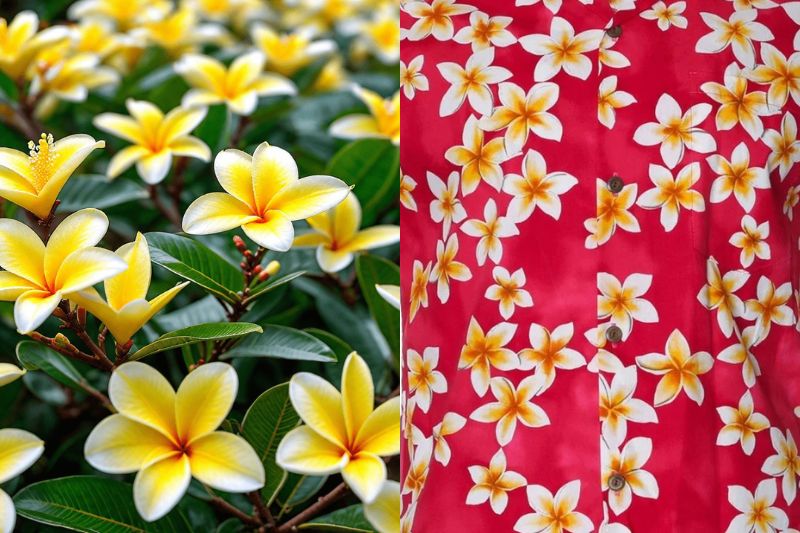
4. Anthurium
The anthurium pattern is a bold and distinctive design commonly featured on Hawaiian shirts. Showcasing the anthurium flower, known for its striking, glossy red spathes and vibrant green foliage, this pattern brings a touch of tropical flair and sophistication.
Symbolism: The anthurium flower symbolizes hospitality, abundance, and passion. In Hawaiian culture, it represents the lush, vibrant beauty of the islands and a warm, welcoming spirit.
Design: On Hawaiian shirts, the anthurium pattern is often displayed with large, eye-catching blooms and rich, contrasting colors. This design adds a dramatic and elegant touch to the shirt, making it stand out with its unique and vivid appearance.
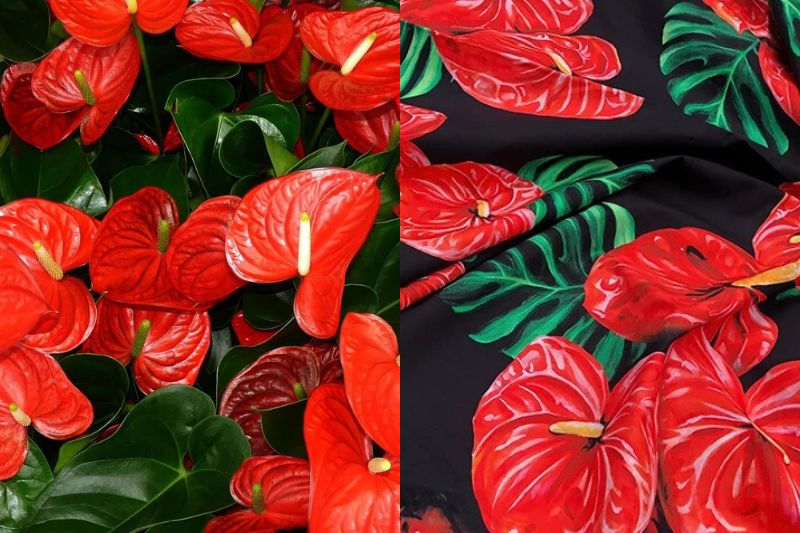
5. Monstera
The Monstera pattern is a popular and iconic design on Hawaiian shirts, featuring the distinctive, perforated leaves of the Monstera plant. Known for their large, dramatic shape and unique split leaves, Monstera patterns bring a bold, tropical vibe to any shirt.
Symbolism: In tropical culture, the Monstera leaf symbolizes resilience and natural beauty. Its striking appearance reflects the lush, vibrant environment of the Hawaiian Islands, embodying the spirit of adventure and exploration.
Design: On Hawaiian shirts, Monstera patterns are often showcased with oversized, intricate leaves in rich green tones or other vibrant colors. The design adds a sense of depth and texture, creating a visually engaging and stylish look.
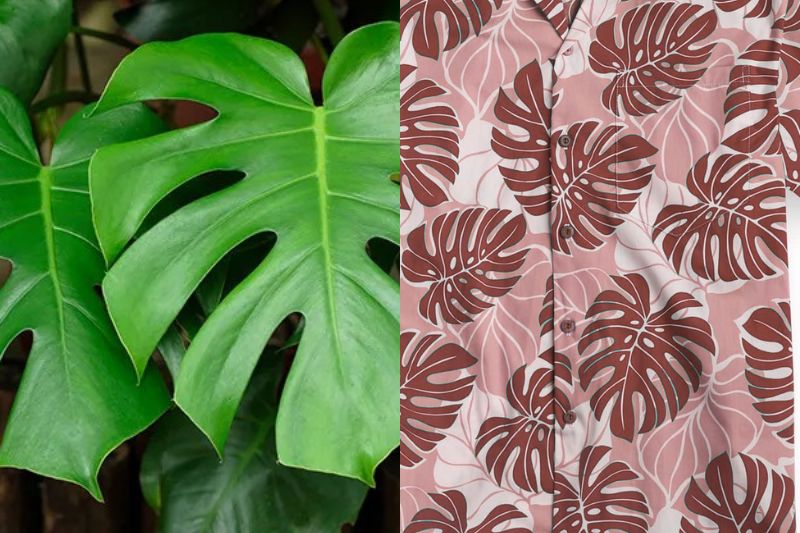
6. Bombax
The Bombax pattern is a distinctive and visually striking design found on Hawaiian shirts, inspired by the Bombax tree, also known as the silk cotton tree. Featuring the tree’s bold, star-shaped flowers and large, rounded leaves, this pattern adds a dramatic and exotic flair to any garment.
Symbolism: The Bombax flower symbolizes strength and resilience. In tropical cultures, it represents the enduring beauty and vitality of the natural world, echoing the lush and vibrant environment of the Hawaiian Islands.
Design: On Hawaiian shirts, the Bombax pattern is typically displayed with large, vibrant blooms and intricate foliage in rich, eye-catching colors. This design creates a bold visual impact, making it a standout feature on any shirt.
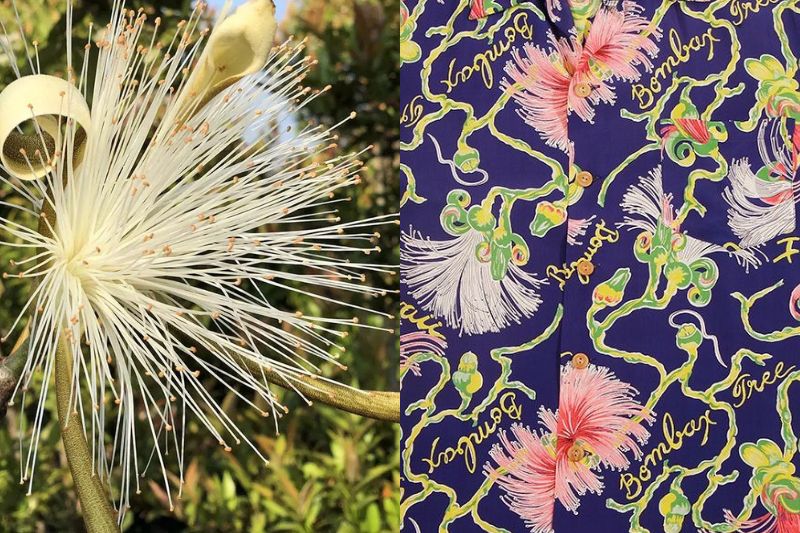
7. Tapa (kapa) designs
Description: Tapa cloth patterns are inspired by traditional Polynesian barkcloth designs. They often include geometric shapes and intricate motifs.
Cultural significance: These designs honor the ancient art of barkcloth making, a significant craft in Polynesian culture. Tapa patterns are often used in ceremonies and special occasions.
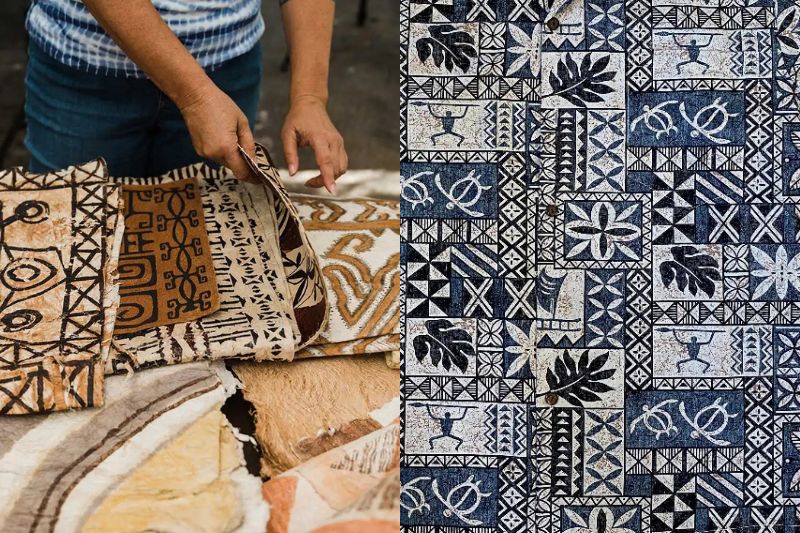
8. Fish and marine life
Description: Patterns featuring fish, turtles, and other marine life are common on Hawaiian shirts. These designs often depict scenes from the ocean, such as schools of fish swimming among coral reefs.
Cultural significance: The ocean plays a vital role in Hawaiian life, and these patterns pay homage to the sea’s abundance and its importance in Hawaiian mythology and daily life.
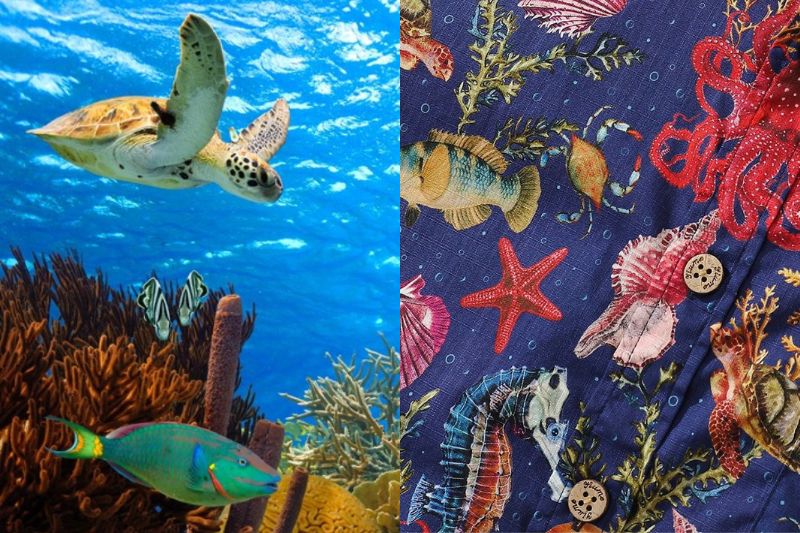
9. Hawaiian mythology and legends
Description: Some traditional patterns draw from Hawaiian mythology, featuring gods, mythical creatures, and legendary figures like Pele, the goddess of fire and volcanoes.
Cultural significance: These designs preserve and celebrate the rich oral traditions and spiritual beliefs of the Hawaiian people.
10. Birds and wildlife
Description: Birds like the nene (Hawaiian goose) and other native wildlife often appear in Hawaiian shirt patterns.
Cultural significance: These patterns highlight the unique fauna of the Hawaiian Islands and underscore the importance of wildlife conservation.
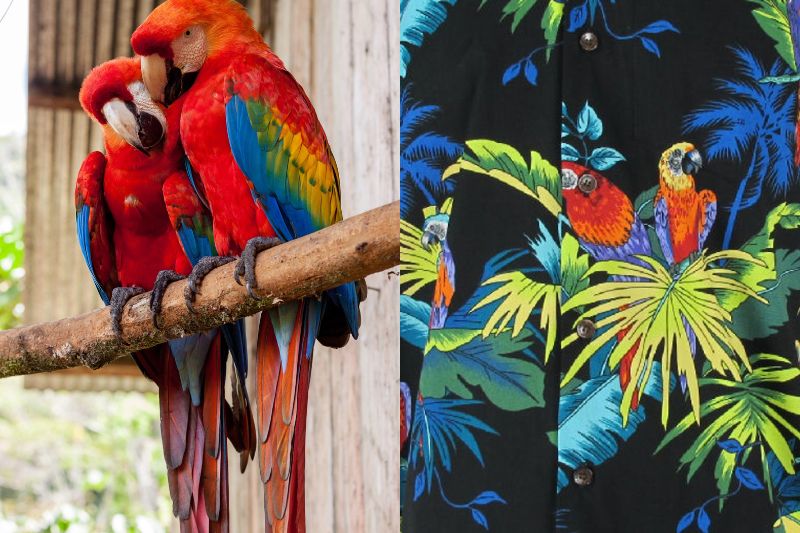
III. The evolution of traditional patterns
While traditional patterns remain popular, contemporary Hawaiian shirt designs often blend classic motifs with modern elements. This evolution reflects Hawaii’s dynamic culture, where tradition and modernity coexist harmoniously.
IV. Conclusion
Traditional Hawaiian shirt patterns are more than just fashion statements; they are a celebration of Hawaiian culture and history. By understanding the meanings behind these designs, you can appreciate the artistry and heritage they represent. Whether you’re wearing a shirt adorned with tropical flowers or mythical figures, you’re carrying a piece of Hawaii’s rich cultural tapestry with you.
You can explore more about Hawaiian Islands, Hawaiian Shirts and Swim Trunks to discover their unique styles, history, and tips for choosing the right one for you. For a wide range of stylish options, visit Teroprints Shop, where you’ll find a collection of Swim Trunks and Hawaiian Shirts that are perfect for any occasion.
Don’t forget to stay connected with Teroprints on Instagram, Pinterest, and Facebook to keep up with our latest product releases and updates. Follow us for the newest trends and exclusive deals!
You can refer to the articles below for more helpful information:
- What are Hawaiian shirts? Origins and distinctive features of Hawaiian Shirts
- Aloha shirt vs Hawaiian shirt: what’s the difference?
- What are Hawaiian Shirts made of? Exploring the fabrics behind the Aloha Shirt
- How to care for Hawaiian Shirts

